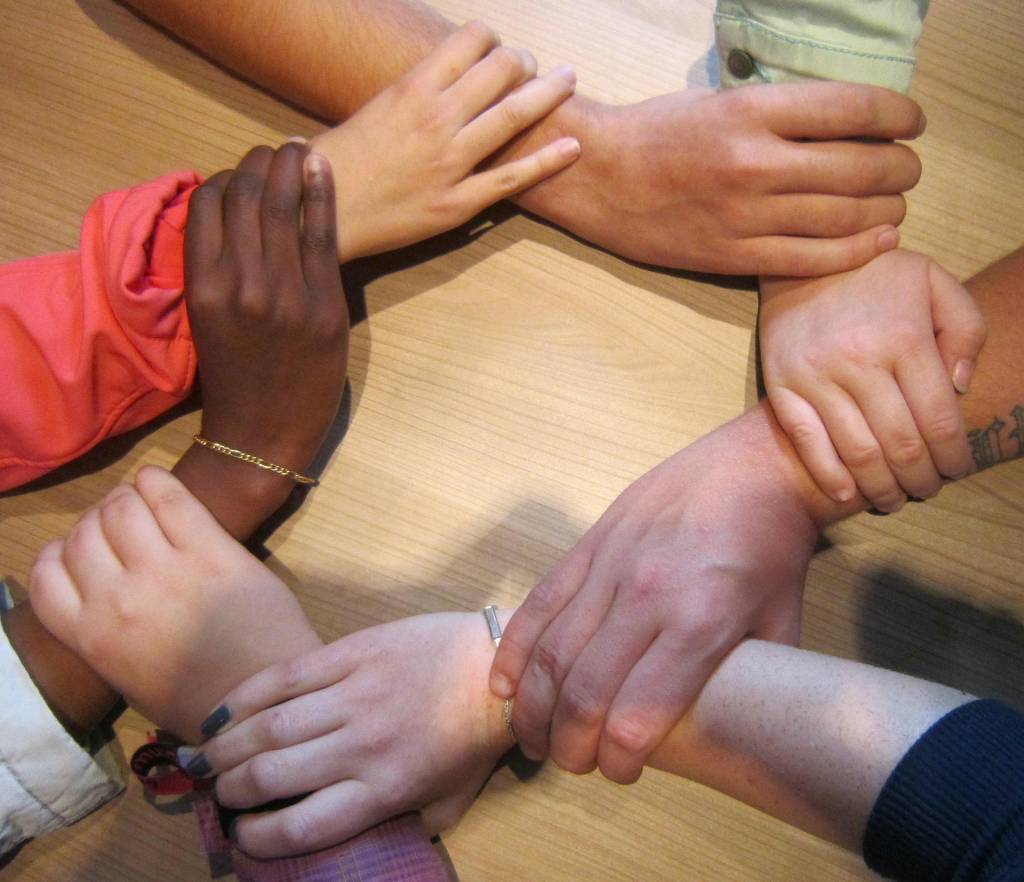
For the last week of Minority Mental Health Month, NAMI Toledo interviewed Lona Lakatos, Co-Founder and Executive Director of Social Services for the Arab Community (SSFAC), about mental health and Toledo’s Arab community.
- How many Toledo-area Arab-Americans would you say struggle with mental health issues, and do they seek out mental health services? Is there a particular mental health challenge that Arab-Americans in the Toledo area struggle with the most, like depression?
I will have to say that for every 20 clients we have 1 who is mentally challenged. As of now, we have served almost 500 adults and more than 1000 children. Some will seek mental health services, others refuse to do so. We see that they mostly struggle with Post Traumatic Stress Disorder (PTSD) (we see that especially with our refugee clients) as number 1 and then with Anxiety as number 2.
- Do Toledo-area Arab-Americans who seek mental health services think more needs to be done by mental health agencies in the area to provide such services in their language, or by people of the same religious beliefs, or people who are familiar with and respect Islam?
We have only 2 Arabic-speaking Therapists in the whole Toledo Area who understand the faith and culture of Arabs. We still need more Arabic-speaking individuals that will absorb the need.
-
-
- Does Toledo’s Arabic community need more mental health resources in the part of Toledo where it resides? If so, where would be good?
Yes, they do, but it has to be available to them in their native tongue, so it will fulfill the best purpose intended. Sylvania, Toledo, Maumee, Oregon, & Perrysburg are all areas that are in need.
-
4.Has NAMI Toledo helped Toledo’s Arabic community cope with mental health issues? If so, how? Would you recommend NAMI do something more for Toledo’s Arabic community – if so, what exactly?
Yes, SSFAC has been collaborating with NAMI, where NAMI is providing mental health education and workshops for children and youngsters, where our clients’ children will be able to enroll and express themselves more through art projects. Also, SSFAC is very fortunate to have Miss Afaf Doumani participating in our virtual ESL classes as a speaker and educator about how to find resources for mental health issues here in Toledo and inviting our clients to contact her if they need any help in this regard.
- Is there anything else you would like to tell us about Toledo’s Arabic community and mental health?
I just want to say that there is a stigma in the Arabic community about people needing mental health evaluation and subsequently needing therapy. If any family is struggling with these kinds of issues, they try their best to be as secretive as possible so nobody else will be able to find out what is going on in their lives; because they will be forever ashamed of seeking mental health help for the rest of their lives.
~

